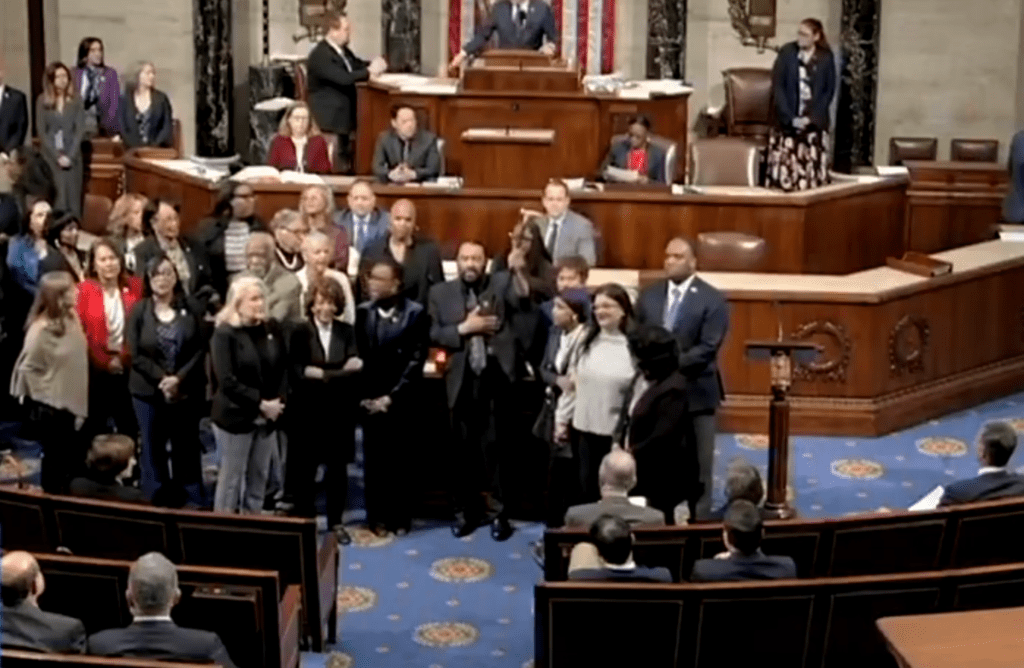
House Leaders May Punish Lawmakers Who Obstructed Al Green’s Censure Resolution
Rep. Andy Ogles (R-Tenn.) has introduced a resolution to remove committee assignments from House Democrats…

Trump Weighs Major Changes to U.S.-NATO Relationship
President Donald Trump is considering a significant shift in U.S. participation in NATO, potentially tying…
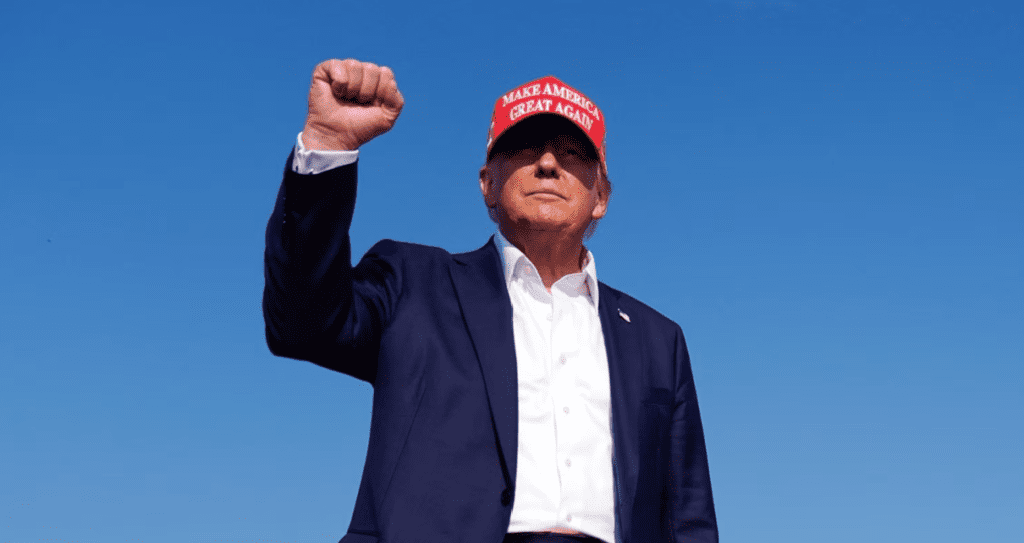
Trump Gets Major Court Victory Against USAID Contractors, Can Dismantle Agency
The Trump administration notched another legal win Thursday as a federal judge rejected an effort…
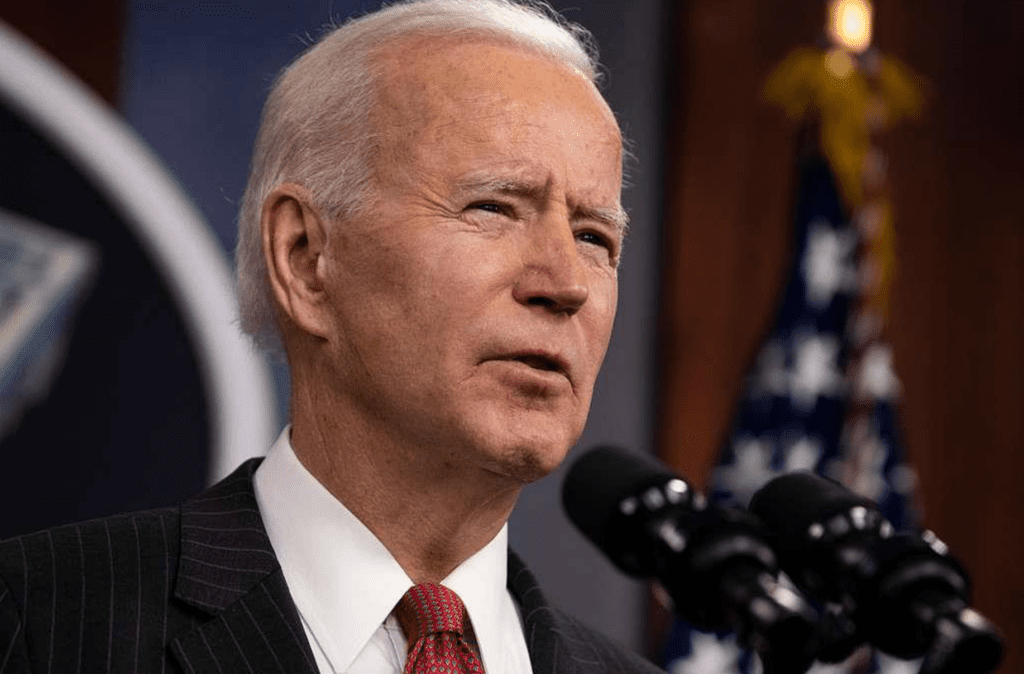
State AG Urges Trump DOJ To Investigate Who Was Actually Running The Country Under Biden
Missouri Attorney General Andrew Bailey is urging the Department of Justice (DOJ) to investigate whether…
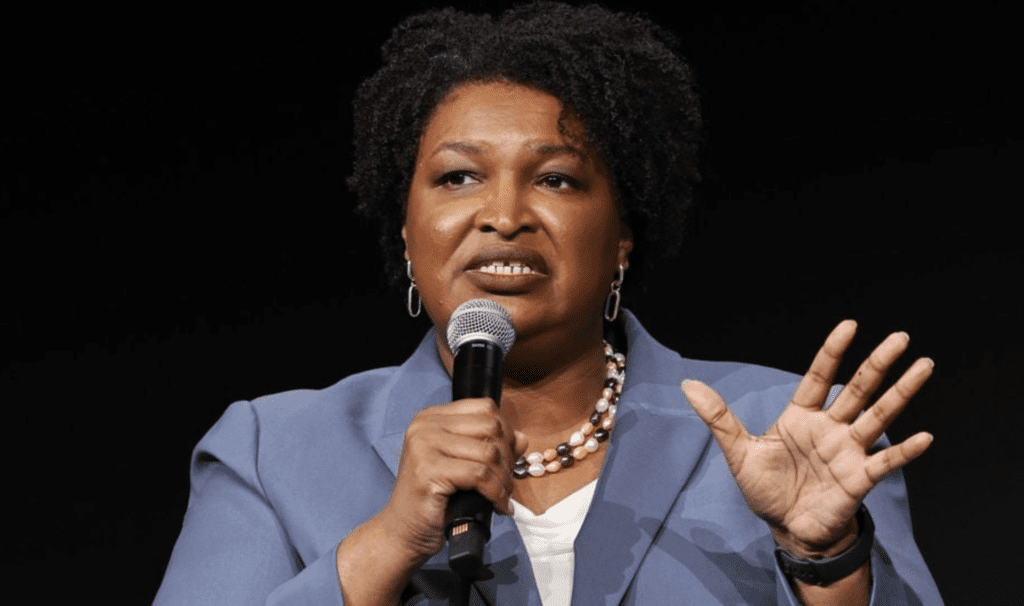
Head Of Stacey Abrams’ Nonprofit Resigns After Blockbuster Report
The head of an embattled nonprofit founded by former Democratic Georgia state Rep. Stacey Abrams…
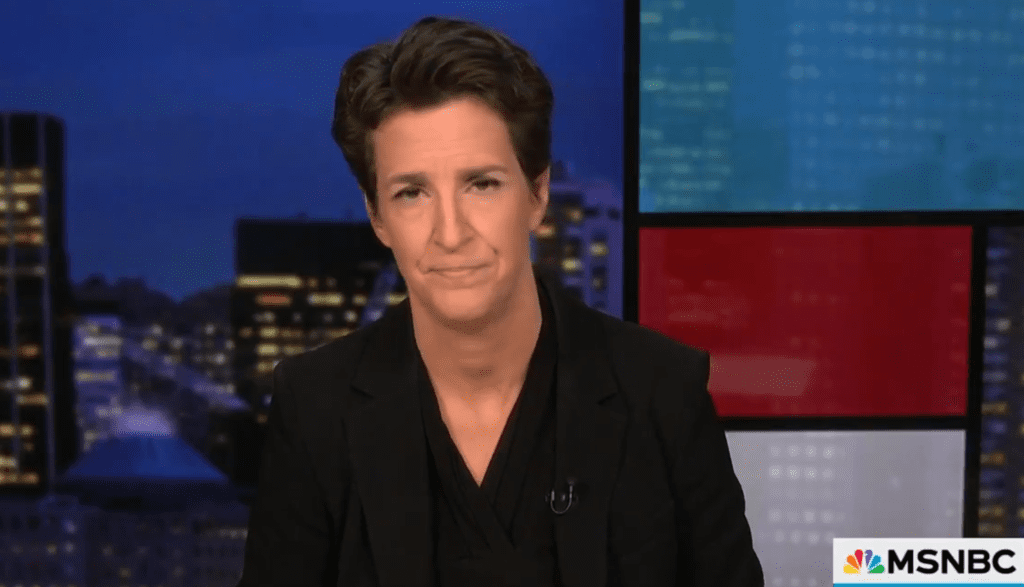
‘Bad Mistake’: Maddow Slams ‘Racist’ MSNBC For Canceling Joy Reid’s Show
MSNBC host Rachel Maddow tore into the left-leaning corporate network Monday during her show over…
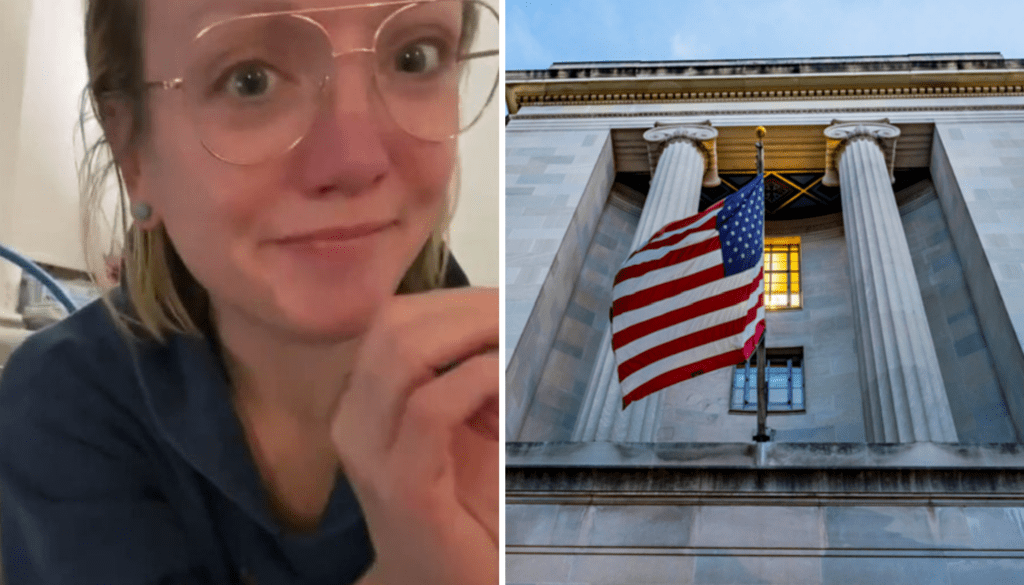
TikToker Who Called For Elon Musk’s Murder Gets Instant Karma
Acting United States Attorney Ed Martin of the District of Columbia replied to a post…

CNN Discovers Blue State Trump Supporters Would Vote for Him Again in a Heartbeat
Voters living in a blue collar community in Colorado overwhelmingly told CNN’s John King that…

‘We’re Not Here To Play Games’: Noem Says DHS Found ‘Leakers,’ Vows to Prosecute Lawbreakers
Department of Homeland Security Secretary Kristi Noem said Monday evening on Fox News that her…
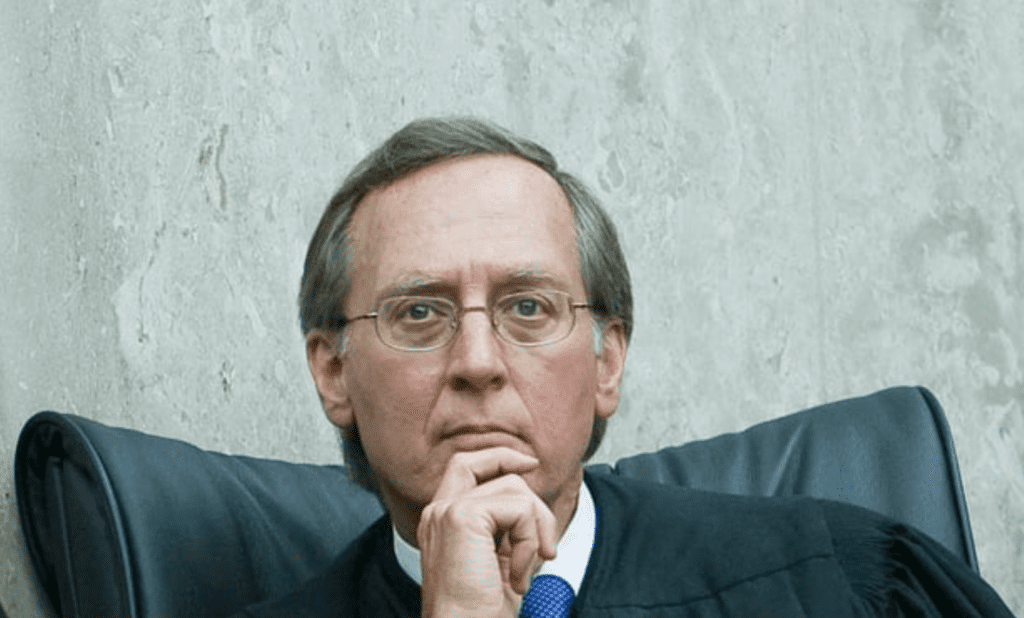
Judge Who Blocked Trump’s Executive Order Gets Hit with Articles of Impeachment
Rep. Andy Ogles (R-TN) has formally introduced articles of impeachment against U.S. District Judge John…
- « Previous Page
- 1
- 2
- 3
- 4
- …
- 32
- Next Page »